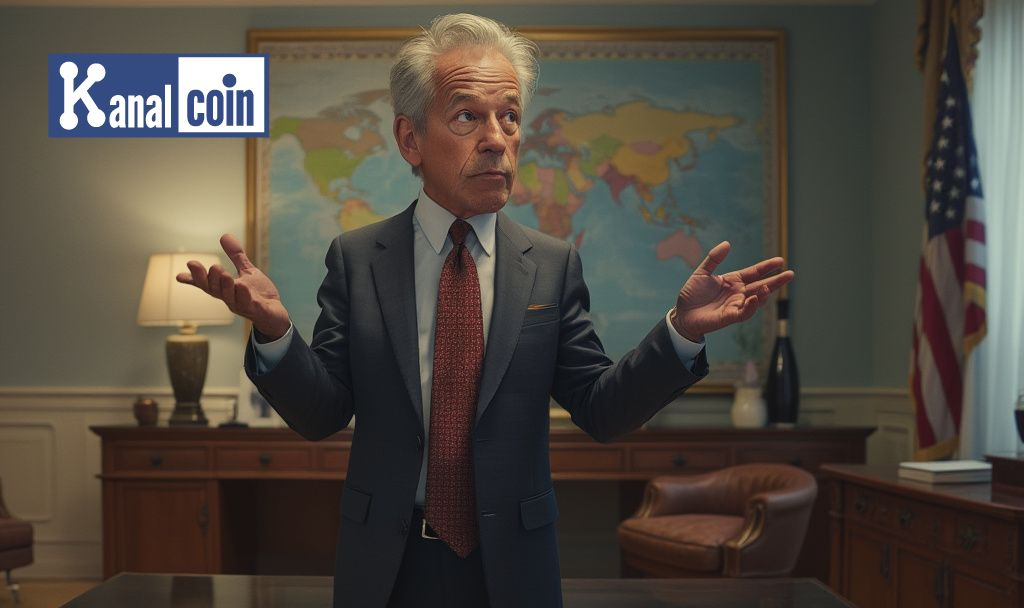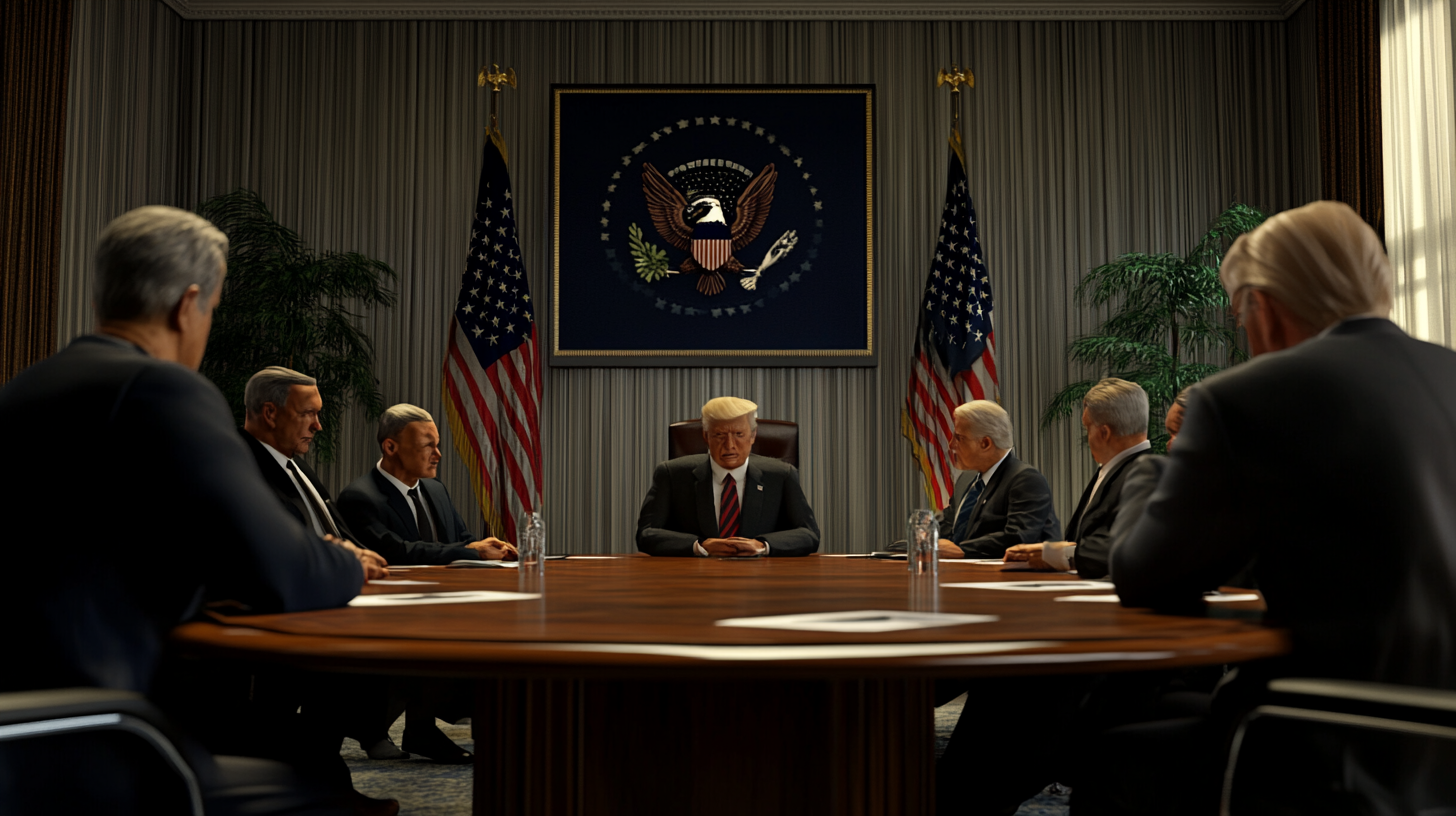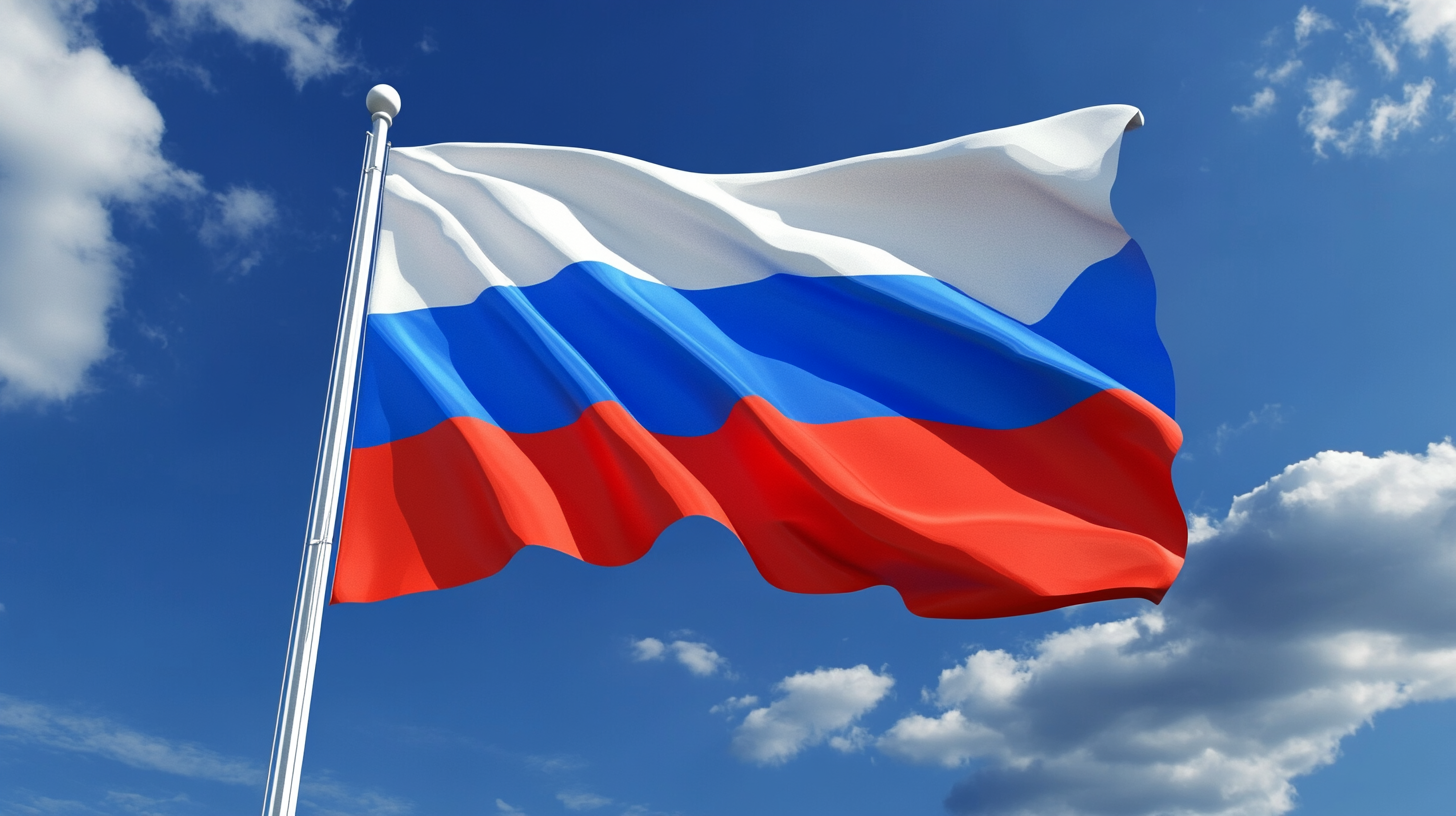
Peter Navarro, a prominent trade advisor to Donald Trump, recently dismissed Vietnam’s offer of zero tariffs, stating it holds little value due to non-tariff barriers.
The statement raises questions around trade relations and potential barriers, possibly affecting future negotiations. Economic experts are analyzing the implications on global trade policies.
Vietnam’s Zero-Tariff Offer Criticized by Navarro
Vietnam proposed a zero-tariff agreement, aimed at enhancing trade relations. However, Peter Navarro believes this offer is negated by existing non-tariff measures, which complicate trade and undermine market access.
Navarro, an outspoken trade negotiator during the Trump administration, has critiqued these non-tariff barriers. These barriers can include quotas, licensing requirements, and other regulatory constraints that hinder international commerce.
“When they come to us and say, ‘We’ll go to zero tariffs,’ that means nothing to us because it’s the non-tariff cheating that matters.” — Peter Navarro, White House Trade Adviser.
Non-Tariff Barriers Hinder U.S.-Vietnam Trade
Experts opine that Navarro’s comments spotlight lingering trade tensions and complexities between the U.S. and Vietnam. Observers speculate on potential ramifications for other Southeast Asian trade negotiations and economic dynamics.
The ongoing U.S.-Vietnam trade dialogue might see limited changes absent action on non-tariff measures. Analysts highlight how similar obstacles have previously impacted bilateral trade volumes and wider geopolitical strategies.
Navarro Echoes Concerns from U.S.-China Talks
Observers compare Vietnam’s recent proposal with past attempts to ease trade via tariffs. Navarro’s stance on non-tariff barriers reflects ongoing debates from previous trade settings, such as U.S.-China discussions.
Experts on Kanalcoin suggest studying data patterns to anticipate changes in trade dynamics. They emphasize analyzing other countries’ approaches to non-tariff barriers for potential trends in international trade relations.









